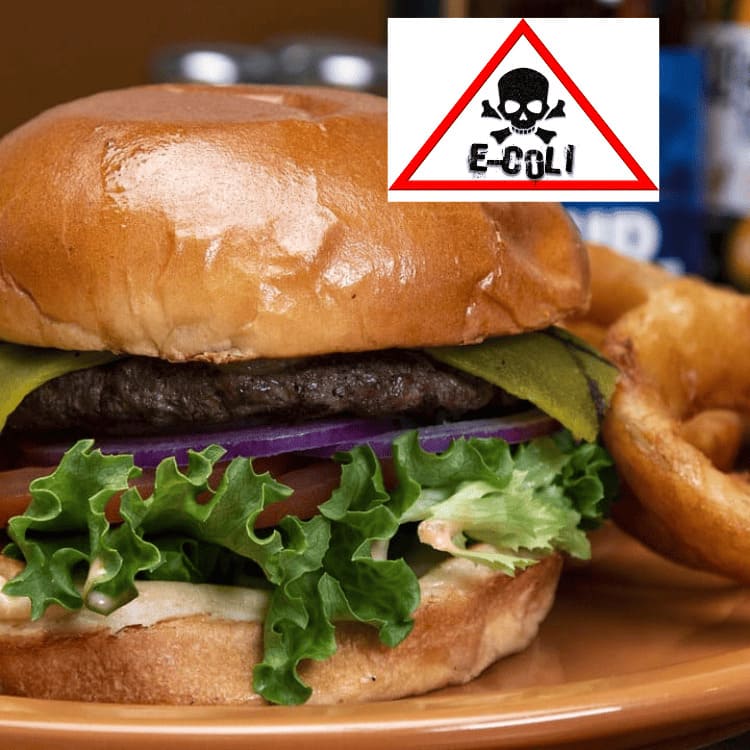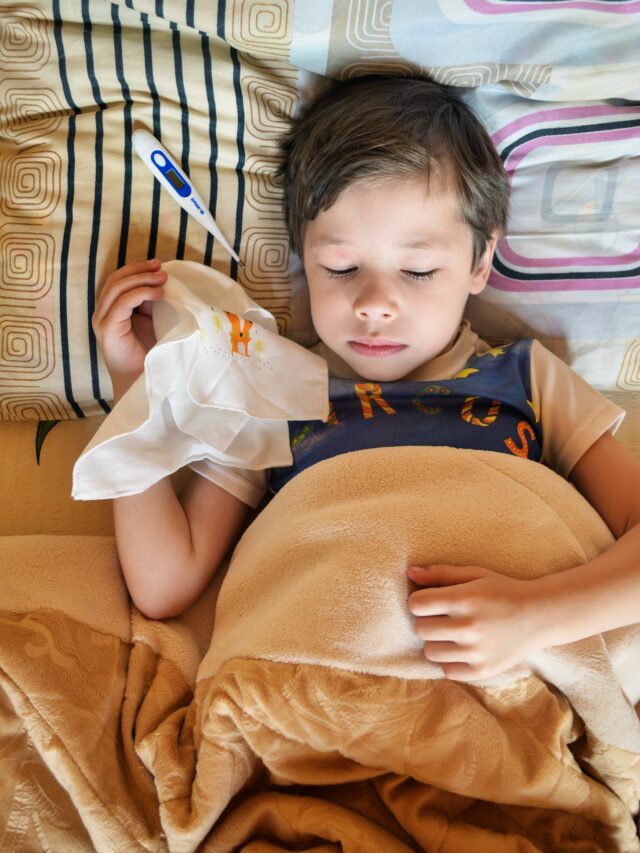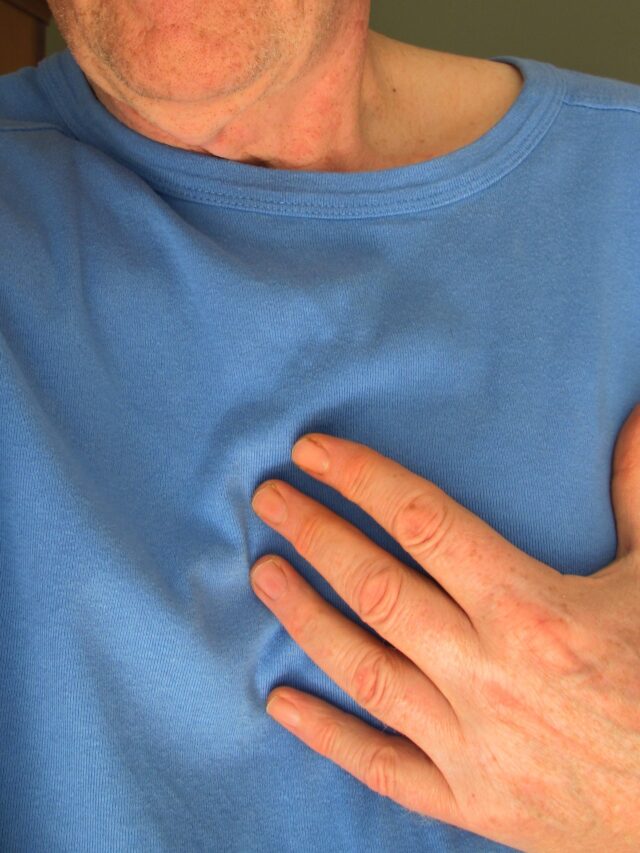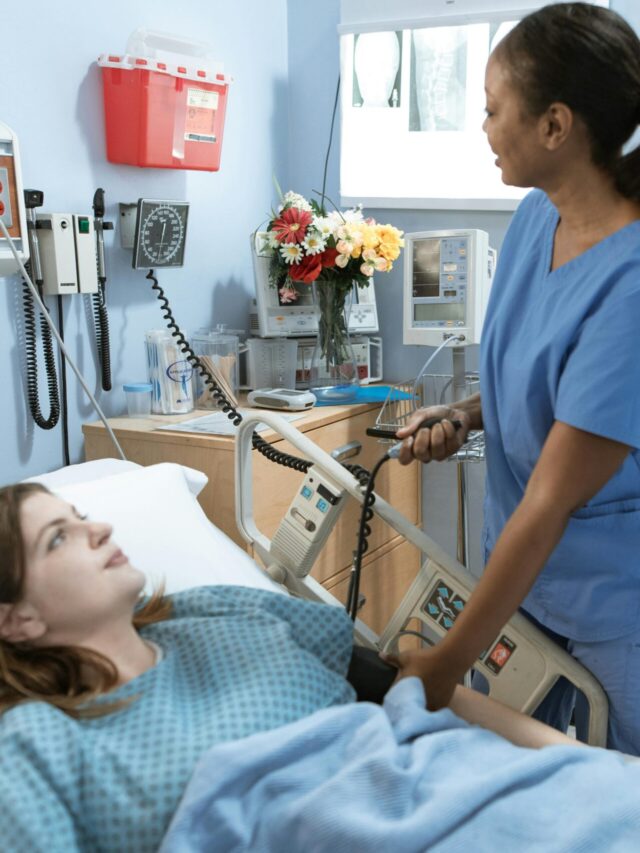McDonald’s E. Coli Severe Outbreak 2024: What You Need to Know to Stay Safe.
McDonald’s E. Coli outbreak has been reported from Mountain West States and CDC USA has issued a Media Alert.
McDonald’s E. Coli Severe Outbreak Alert:
On 22/10/2024, the CDC (Centers for Disease Control and Prevention) of the United States of America issued an immediate release media alert according to which a severe E. Coli outbreak has been reported in the Mountain West States of USA.

How many people got affected by the E. Coli outbreak at McDonald’s?-
75 People from 13 states have got affected according to the CDC’s official data.
Most sick people are from Colorado (26) and Nebraska (9)
12 People have been hospitalized.
One older person in Colorado has died and one child and one adult are hospitalized due to complications of hemolytic uremic syndrome or, HUS.
What Caused E. Coli Outbreak In McDonald’s?
All the people who got sick gave a history of eating at McDonald’s before getting sick.
Quarter-pounder Hamburger was common in all people who got sick.
The ingredient which led to this outbreak has yet not been identified but two ingredients that are in focus of the investigators:
- Fresh slivered onions
- Fresh Beef patties
Taylor Farms, the supplier of slivered onions for affected McDonald’s locations, initiated a recall of yellow onions.
McDonald’s Response To E. Coli Outbreak:
McDonald’s reported to the CDC that they have proactively removed slivered onions and beef patties used in the Quarter Pounder hamburger from the stores in the affected states while the CDC continues its investigation.
Escherichia Coli Infection Symptoms:
This bacteria can produce various types of symptoms depending on the system which it affects.

Escherichia coli:
E.coli are bacteria that are part of our Intestine and are also found in many animals.
They are found in food, water, and the Environment.
Some E. Coli are good for our body and help in the digestion of food, help to produce vitamins, and improve our immune system. But some E. Coli are harmful to humans which can lead to severe infection.
Who is at risk from E. Coli-
- Old age people especially those above 65 years of age.
- Children in the age group of 5 years or below.
- People traveling to other countries.
- Weak immune system people such as those suffering from AIDS (Acquired Immunodeficiency Syndrome).
- People who are frequently eating from restaurants or street side food stalls.
- Those are drinking dirty or contaminated water.
E. Coli Types which are harmful to humans-
Diarrhea-causing E. Coli strains are-
- STEC – Shiga Toxin producing E. Coli
- ETEC- Enterotoxigenic E. Coli
- EPEC- Enteropathogenic E. Coli
- EIEC- Enteroinvasive E. Coli
- EAEC- Enteroaggregative E. Coli
- DAEC- Diffusely adherent E. Coli
E.coli Infection symptoms:
- STEC– It can produce bloody diarrhea, severe stomach cramps, and vomiting. It is most commonly seen in children younger than 5 years of age and adults of 65 years and above. Mostly occurs from contaminated food like beef and green leafy foods, and contaminated water.
- ETEC– Watery diarrhea, stomach pain, and vomiting. occurs in adults in the age group of 18-35 years and international travelers.
- EPEC– Fever, watery diarrhea, and vomiting. Mostly seen in children younger than 1 year.
- EIEC- Diarrhea is sometimes associated with blood. occurs in children and international travelers.
- EAEC– Mucus associated with diarrhea, fever, and vomiting. Immunocompromised patients such as those suffering from HIV are more prone for this type of infection.
- DAEC- Watery diarrhea occurs. seen in children between the age group of 3-5 years of age
Escherichia Coli and UTI-
Escherichia Coli can cause UTI (Urinary tract infection), Septicaemia, neonatal meningitis, and other various types of infections.
E. Coli Urinary Tract Infections
E.Coli is the most common bacteria which is responsible for causing more than 80 percent of Community-acquired UTI.
Escherichia coli can cause a wide range of urinary tract manifestations such as
- Uncomplicated urethritis or cystitis
- Symptomatic cystitis
- Pyelonephritis
- Acute prostatitis
- Prostatic abscess
- Urosepsis
Uncomplicated Cystitis:
It occurs primarily in sexually active female due to fecal contamination of the periurethral region by uropathogenic strain of E. Coli.
Bacteria reach the urinary bladder during sexual intercourse.
Symptoms of E. Coli UTI:
- Dysuria: Burning sensation or pain while urination.
- Urgency: The patient feels an urgent need to urinate and becomes very difficult to control it.
- Frequency- The patient usually urinates more than usual which makes it uncomfortable to go to the bathroom more.
- Fever with chills
- Backpain
- Suprapubic Pain- pain below the umbilicus of the abdomen.
- Nausea and vomiting.
It is more common in females, especially in childbearing age.
Haemolytic Uraemic Syndrome (HUS) E.coli
It is a serious life-threatening condition and is most commonly seen in children.
Haemolytic Uraemic Syndrome caused by:
It is caused by the EHEC strain of E.Coli. This strain is responsible for most of the food-borne illnesses.
They are commonly found in the intestines of cattle.
Most commonly it occurs by ingestion of beef products which are infected by the fecal matter of the infected animals.
Haemolytic Uraemic Syndrome Symptoms:
- Anaemia- Decrease in blood hemolytic level.
- Weakness- The patient feels weak due to low hemoglobin levels, diarrhea, and dehydration.
- Irritability- The patient gets irritated easily due to constant problems from this disease.
- Anuria- It is an emergency condition in which the patient’s kidney is not able to produce urine or produces very little urine which can lead to kidney failure if not treated quickly.
E.coli Prevention Measures:
E.Coli prevention measures are very important to protect from serious illness.
E.Coli Food Prevention:
Food and water are very common modes through which infection can occur. So to prevent infection spread it is important to eat clean food and drink clean water.
Wash the food before cooking and cooking the food properly as undercooked food can lead to infection.
Always drink clean water and if necessary boil the water and store it in a clean container before using it.
Avoid eating from unhygienic and roadside stalls as the infection spreads chances are more from there.
Salad leaves can also contain these bacteria, so be careful while using them for consumption.
Personal Hygiene for Bacterial Prevention:
Personal Hygiene is very important as this bacteria can spread through the fecal-oral route which means from the fecal matter of an infected person or animal to a healthy individual.
Always wash hands with soap after using the bathroom or handling meat as they are potential sources of infection.
Those people who come in contact with the cattle are at risk of getting infected, so it is important to wear gloves while handling the cattle and also wash hands properly with soap after handling the cattle.







